Keys to Running An Effective PUP
After purchasing a condo or tropical home away from home, most people think about hiring the right property manager for their unit. But who takes care of everything outside the walls of your apartment?
Usually, it’s the corporate body, or what’s more commonly known as the Proprietors Unit Plan (PUP). The PUP oversees the upkeep of the common areas, and manages common expenses such as janitorial, security, and insurance shared by the unit owners. Typically, the PUP needs support and that’s where a knowledgeable facility manager can assist.
The challenge is finding a facility manager who understands condominium laws, can manage your property investment, and support a condo board. This is not as easy as one would imagine. In this article, we’re sharing three important questions to ask to find the most effective and competent facility manager for your condominium complex.
1. Do you use technology to track and manage maintenance? If so, which one? Can we get access to your platform?
Having the right facility management technology streamlines maintenance and reduces human error. This is why owners should openly ask which applications the facility manager uses to track and handle maintenance, and how it all works.
With a good building management system in hand, managers should be able to create a virtual screenshot of the building, grounds, and shared spaces, record equipment, track work orders, and keep a comprehensive schedule of preventive maintenance items.
They should also be able to set up checklists and automate alerts when scheduled maintenance is due, so nothing is left to chance. The platform should also be able to store supplier and contractor information for all equipment, keep a record of insurance, maintenance contracts, and all other subscription services.
As an owner or board member, you should also be able to request access to the platform so you can see exactly how your common property assets are being managed and maintained. Service requests or timely updates can all be facilitated through the right platform, so everything is logged and can be audited later on.
2. How do you approach maintenance on all equipment? And, how would you define key performance indicators for our specific building assets?
What you’re looking for here is someone who takes a proactive approach to maintenance. Their response to this question should allude to preventive maintenance strategies that extend the life of an asset and reduce long-term expenditure caused by pricey repairs, equipment replacement, or structural deficiencies.
Assets like central utilities, pumping systems, energy management, and HVAC equipment all have life cycles. Effectively maintaining a property includes measuring Key Performance Indicators (KPIs) of these assets to identify potential problems before they become unplanned expenditures.
Your facility manager should be open to explaining how they regularly track various KPIs for property assets and give concrete examples as to how they are helping other clients keep building operations and equipment running efficiently. All of this guides the annual capital works program, ensures a more efficient budgeting process and facilitates long-term strategic capital replacements or improvements.
3. How many facilities do you currently manage? How long have you been working with these clients?
You can tell a lot about a facility manager by the clients they currently serve. If they’ve had long-standing relationships with their existing clients, this can suggest they’ve been able to develop a good rapport with other PUPs and offer customer-centric service.
An empathetic manager should want to understand what their client values and how best to deliver results. They should be keen to ask questions, listen to opinions or concerns, and identify the small details that give stakeholders peace of mind.
You can also take things further by asking to speak with their current clients. Ideally, you’ll hear that the facility manager has mastered consistent communication, knows when to anticipate needs, and pro-actively develops strategies to improve your ownership experience.
Ultimately, what you want to know is whether this person has developed relationships built on trust and transparency. This is critical when hiring someone who will make big decisions on your behalf.
Ownership in a Proprietors Unit Plan is often a worthwhile and enjoyable investment. Hiring the right facility manager protects your investment, so choosing the right one can make all the difference. That’s why it’s important to take the time to ask the right questions, weigh all the answers, and speak with their other existing clients. After all, the effective management of your condominium complex will help ensure that your investment is protected for years to come.




Good article. I certainly love this website. Keep it up!